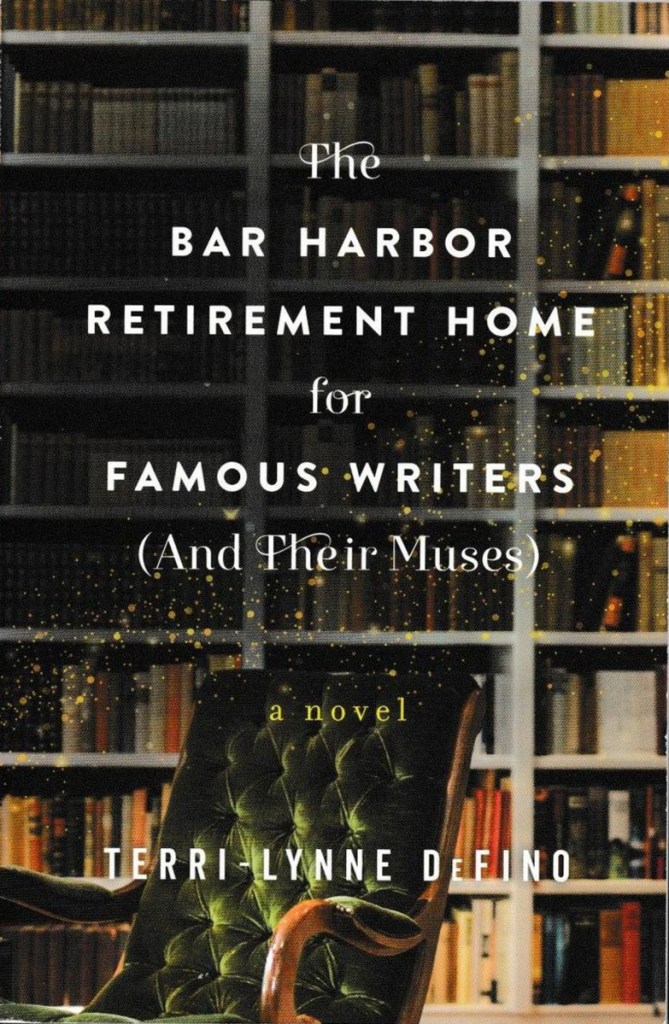Alfonse Carducci, a towering literary figure without many days left, always considered writing to be his true love. When, at 79, he moves into the Bar Harbor Home for the Elderly, it seems too late to either rekindle things with his old lovers in residence or create a final work: Not only is the flesh unwilling, the writer is blocked.
The Pen, as the residents call the repurposed beachside mansion, was conceived decades earlier by Alfonse and his then lover, Dr. Cornelius Traegar, as a place where writers and members of the publishing community could live out their last days. Cornelius, who ran the Pen and lived there until his death, had sent Alfonse away for fear that their romance would derail his literary career. Cornelius expected that during his lifetime his amour would return to him. But Alfonse hasn’t come back until now, when more bitter than his daily medication is the pill of knowledge that he let down Cornelius.
If Cornelius was one of Alfonse’s two great romances, the other was Olivia Peppernell, formerly a best-selling novelist and now an ornery pot smoker who has observed tartly of life at the Pen, “None of us writes once we come here.” Olivia and Alfonse’s reunion proves fruitful in a way their affair never did: When Olivia finds the tremulous beginnings of a narrative in Alfonse’s notebook, she borrows it and adds the first of several chapters from another character’s point of view.
Similarly inspired is the conciliatory novelist Raymond Switcher, another colleague from back in the day. Insufficiently fulfilled by his duties as Olivia’s weed supplier, he begins to write in the notebook from a third character’s perspective. Judith Arsenault, Alfonse’s onetime editor and lover (in that order of importance), doesn’t let early-onset Alzheimer’s discourage her from typing her friends’ handwritten chapters as they’re submitted to her. With the manuscript headed toward a circulatable form, questions arise: Should it be published? Whose book is it? Does it matter? And will Alfonse live to see it finished?

Terri-Lynne DeFino
At one point, Olivia, not prone to effusiveness, says to Alfonse of their collaborative literary effort, “There’s magic here.” The same can be said of “The Bar Harbor Retirement Home for Famous Writers (and Their Muses).” Terri-Lynne DeFino’s novel is an archly tenderhearted look at how forging alliances, especially unlikely ones, can help mitigate what not only age, but life’s cruelties, take away.
Set primarily in 1999, but tying up its storylines in 2014, “The Bar Harbor Retirement Home” has a shifting point of view that grants readers access to roving revelations, including how Cecibel, the orderly who becomes Alfonse’s muse, got her facial scars, and why Olivia needs marijuana for physical pain management. The crushing backstories only endear the reader more to the characters, and the book’s unspectacular novel-within-a-novel chapters – the fruits of the friends’ creative labors – can seem like impediments to the true narrative’s pleasures. Alfonse and his friends have so little time left, Ms. DeFino, can’t we spend it all with them?
Nell Beram, coauthor of “Yoko Ono: Collector of Skies,” has recently written for the New York Times Book Review and L’Officiel.
Send questions/comments to the editors.



Comments are no longer available on this story